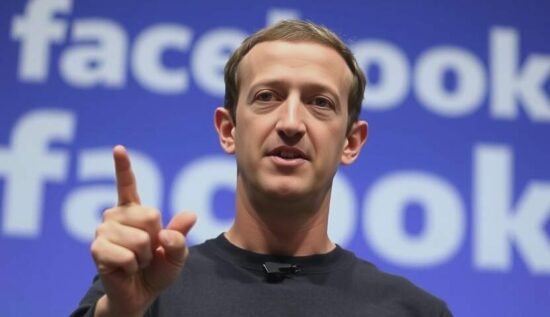Facebook’s recent decision to relax its content moderation policies has sparked a mix of reactions. Some see it as a victory for free speech, while others are concerned about the potential for misinformation to spread.
Mark Zuckerberg, Facebook’s co-founder and CEO of Meta, recently announced that the company would no longer be fact-checking its users’ content, at least not in the United States, and that it would be moving away from a fact-checking model to a community-based notes model. This change is seen as a response to the growing pressure from the government and the public to allow more free speech online.
However, some critics argue that this change is a step backward, as it could lead to the spread of misinformation and the silencing of marginalized voices. Others point out that Facebook’s decision to stop fact-checking content could have serious consequences, particularly in the context of the ongoing pandemic and the need for accurate information to be widely available.
It remains to be seen how Facebook’s new policy will be implemented and how it will affect the online discourse. Some have expressed concerns that the company may not be doing enough to prevent the spread of misinformation, particularly in the context of the growing influence of social media on the political process.
In the meantime, it is worth noting that Facebook’s decision to relax its content moderation policies is not a universal one, and that the company may still choose to fact-check content in certain contexts or for certain users. It is also worth noting that the company’s decision to move away from a fact-checking model is not a straightforward one, and that the implications of this change are still being debated by experts and policymakers.





